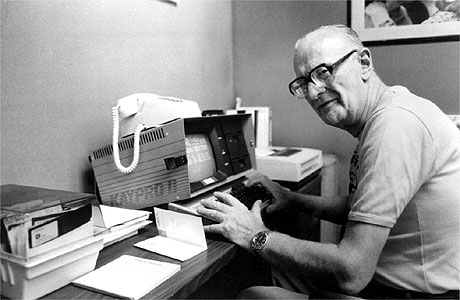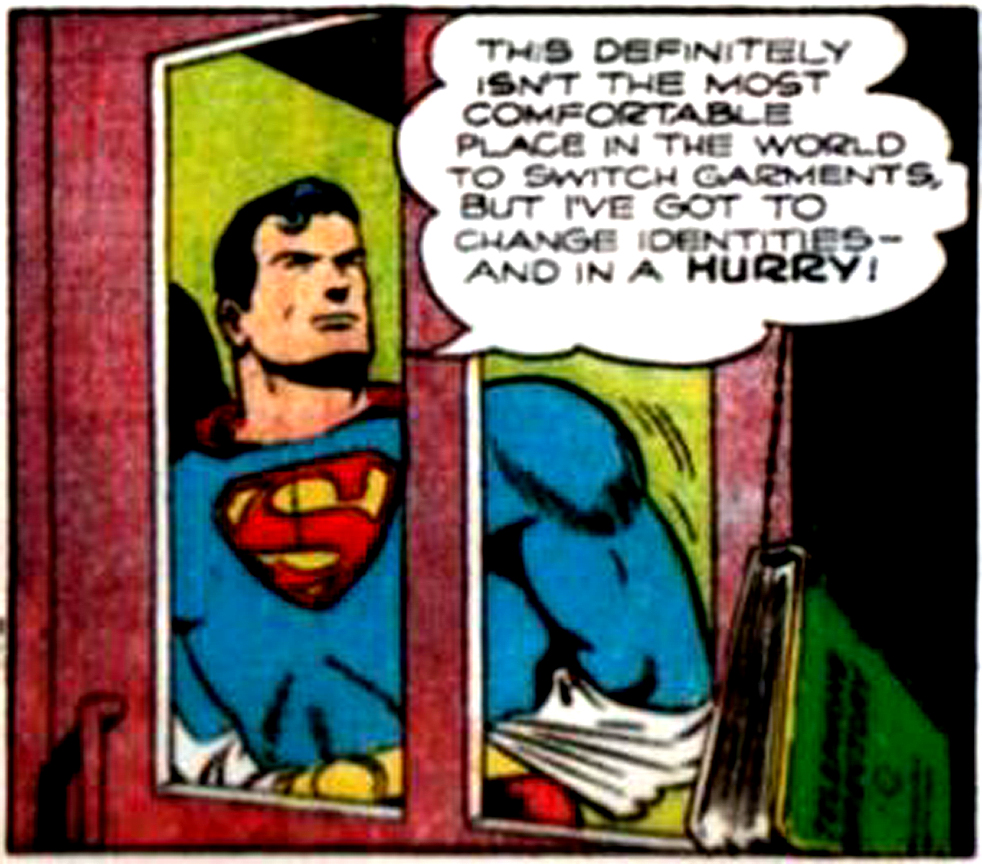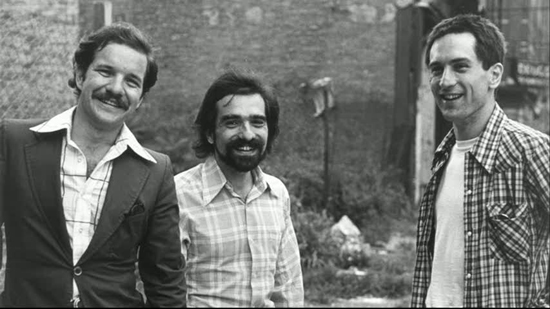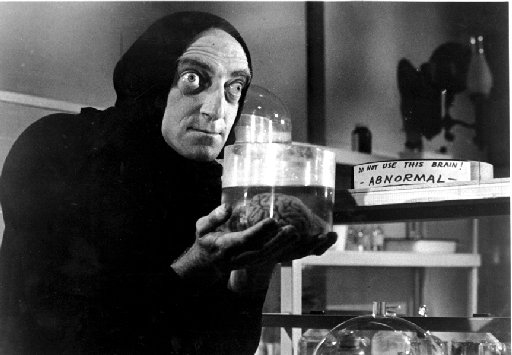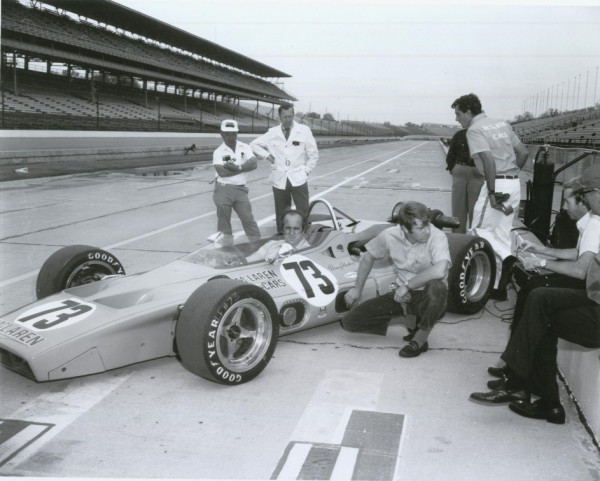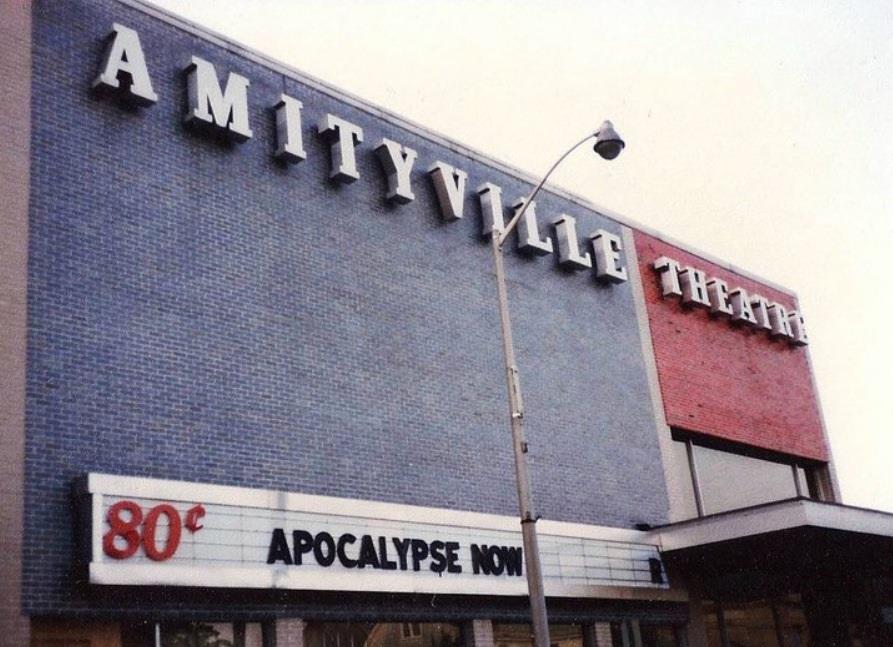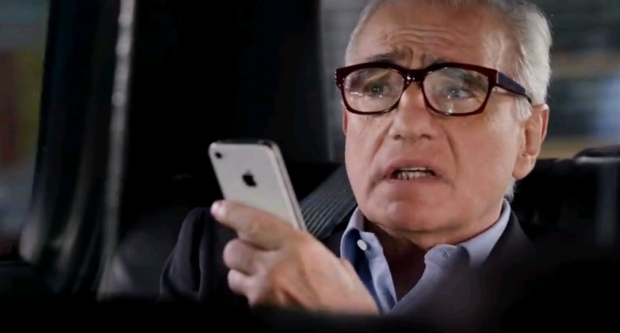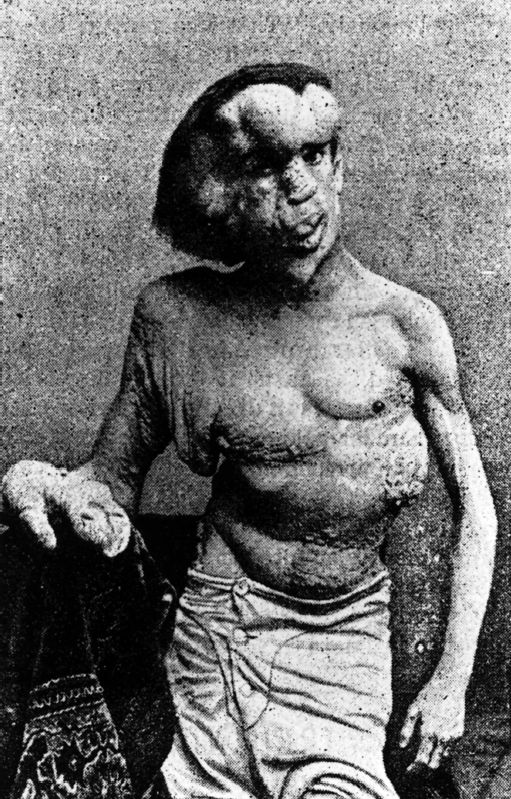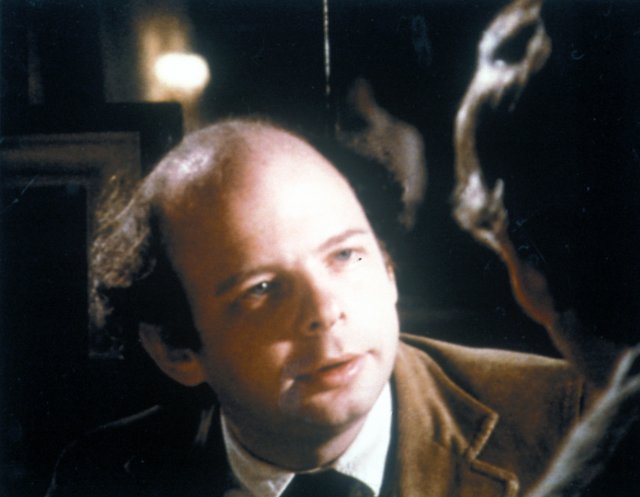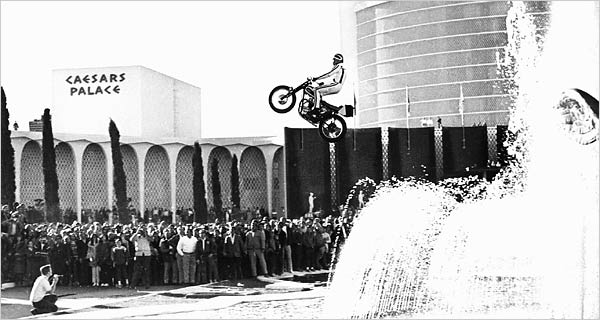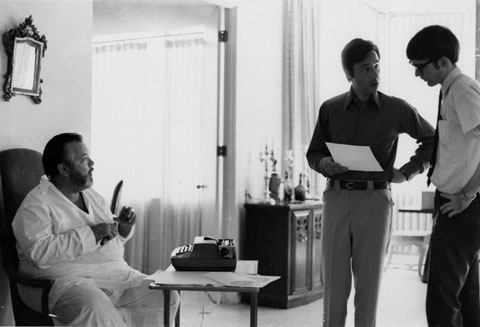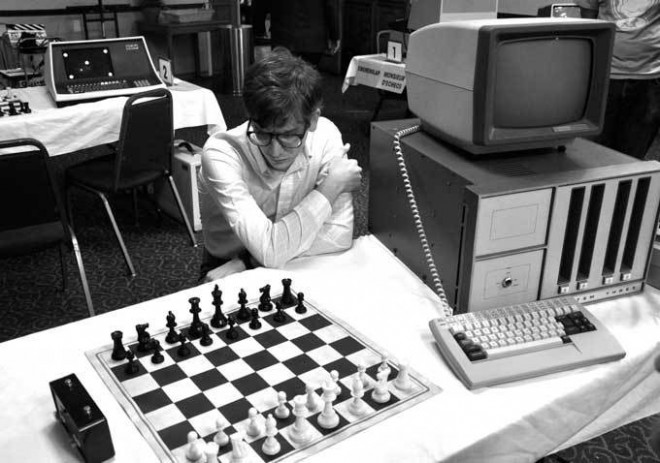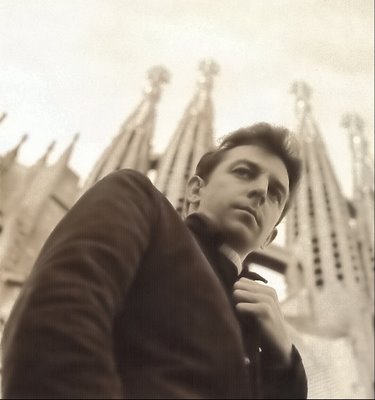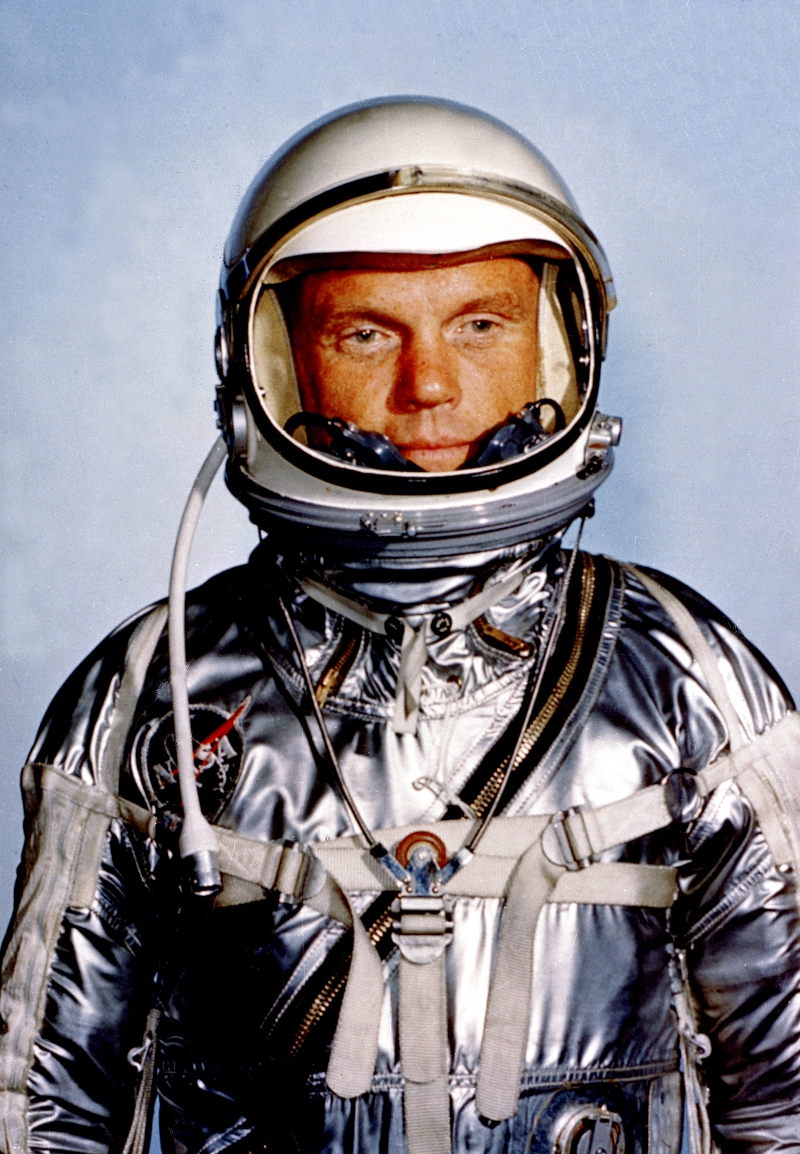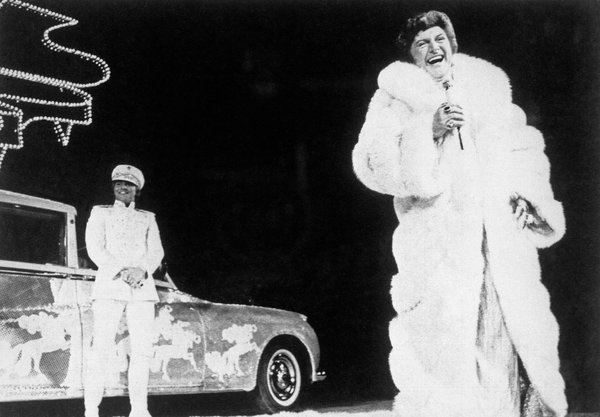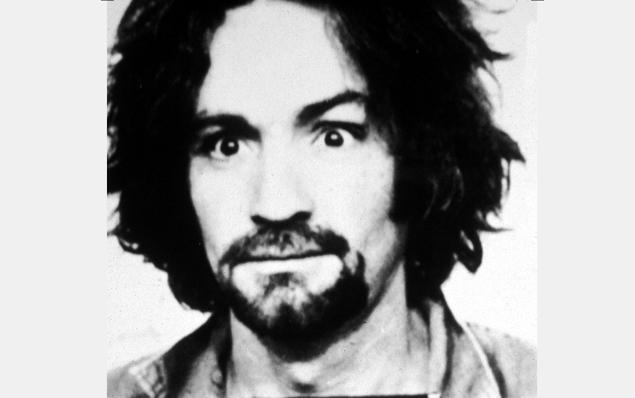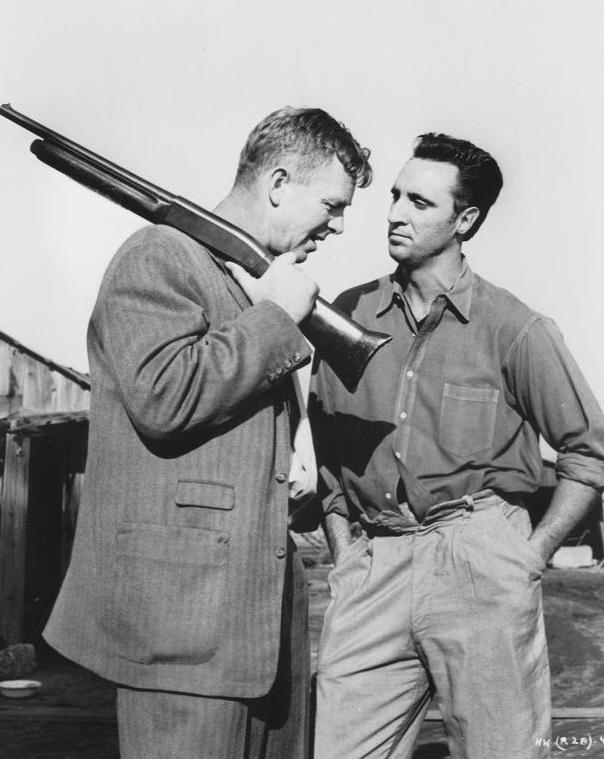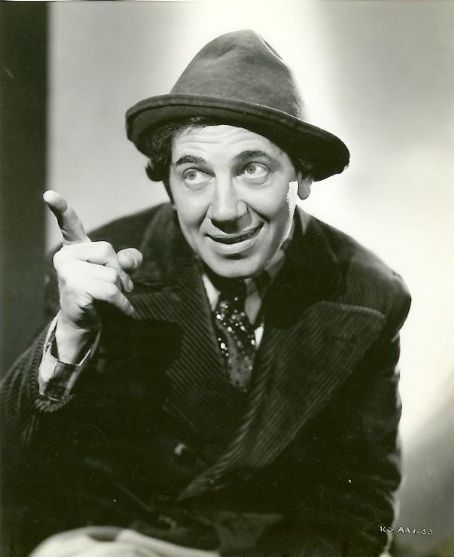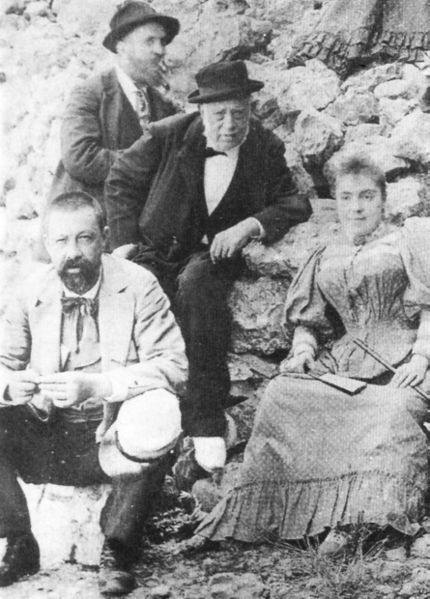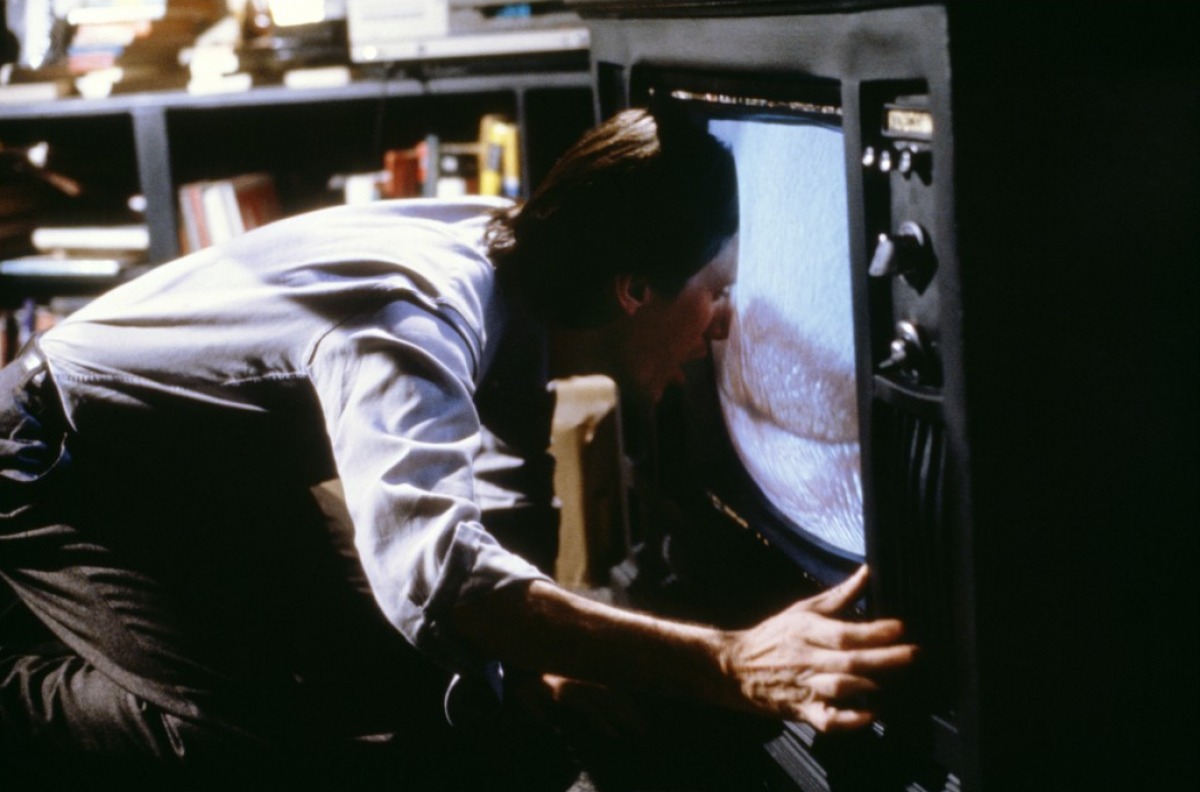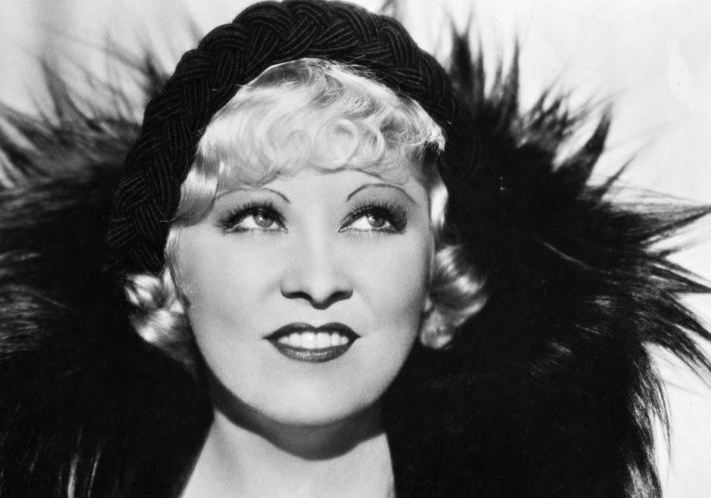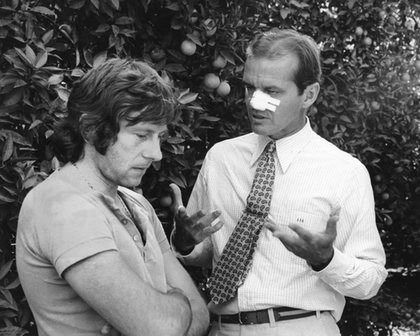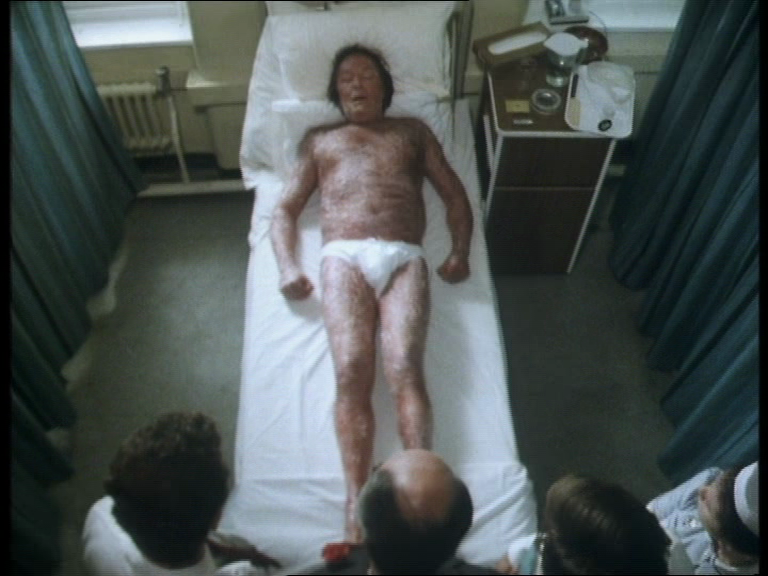
“Before she dies, she has a will drawn up in which she wills a man to her best friend.”
Screenplay for sale – $350000 (Rhode Island)
My novel entitled, Diva On My Doorstep, was published in April of 2010. Since that time, it has been written into a screenplay. The screenplay was written by a professional screenwriter. I am looking to sell the screenplay. This would make for an excellent feature film or a made for TV movie.
A brief synopsis is as follows:
Holly Madsen is marrying the man of her dreams–only he doesn’t know it and neither does she.
Why? Because the heroine’s best friend of my completed novel, Diva on My Doorstep, learns she has terminal cancer and before she dies she is determined to fix the relationship problems in her best friend’s life. Before she dies, she has a will drawn up in which she wills a man to her best friend. People have inherited many things, but a man, well that makes for some interesting conversation. Set in New York City and later Perry, Maine, the character-driven story is a 97,852 word romance. The story brings two people together, against their will, who couldn’t be more perfect for one another.
It will appeal to mainstream hopeless romantics, as well as those who enjoy a good story, a good laugh, a few tears, and a happy ending.
Meet Holly Madsen, a 36-year-old dog food heiress who has everything, or so it seems. She is on again, off again and now back on again to marry her cheating fiané, Daniel. She is two breaths away from saying “I do.” Holly and her best friend Gina go on what was supposed to be Holly and Daniel’s honeymoon before the first wedding was called off. Gina then proceeds to win a couple of free trips in which Holly must accompany her on. Gina takes Holly to different ends of the earth hoping she’ll meet someone who will treat her right so she can be done with her player fiancé, Daniel, once and for all.
Holly’s plastic surgery addicted, grandchild-deprived mother is in constant search of a husband for her daughter. She cannot bear the fact that she has a 36 year old drop dead gorgeous daughter who isn’t married, let alone isn’t pregnant. Holly’s mother, Rochelle, sends a very eligible Dr. Steven Mancini over to Holly’s for a blind date. One small problem — she didn’t inform Holly.
Steven is charming, funny and handsome and turns Holly’s world upside down. He is perfect for her. But the whole thing is too good to be true. He has a secret that Holly comes to discover and it sends her catapulting back into the arms of her fiancé and down the aisle.
Gina hears wedding bells herself and makes an announcement that will have a life-changing effect on Holly and Steven. She vowed to always protect Holly’s heart from breaking and now she’s going to seal the deal once and for all.

“Meet Holly Madsen, a 36-year-old dog food heiress who has everything, or so it seems.”

When do we start filming?


